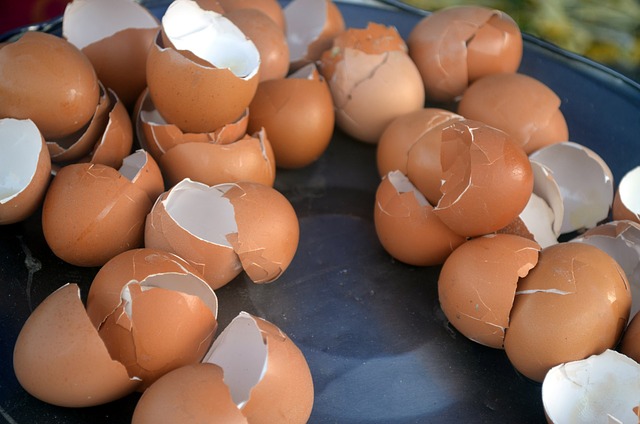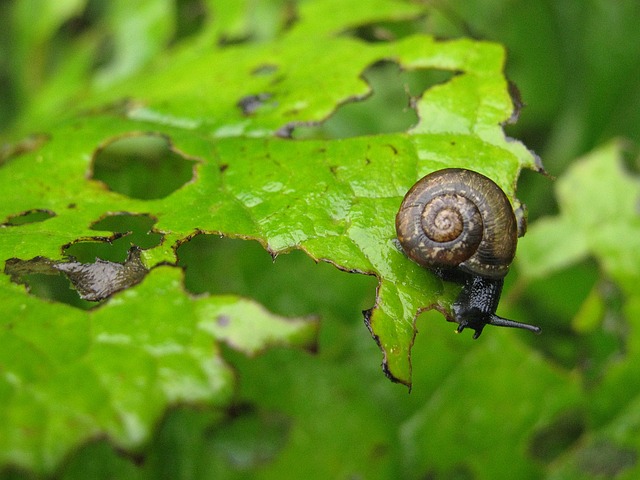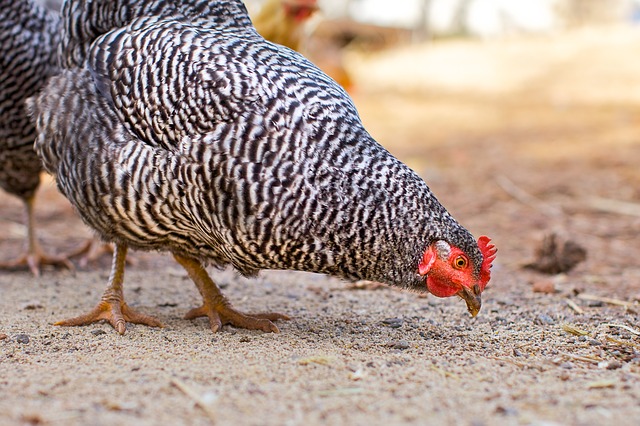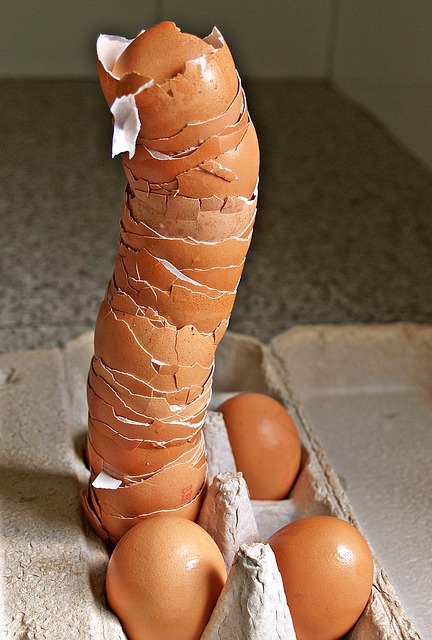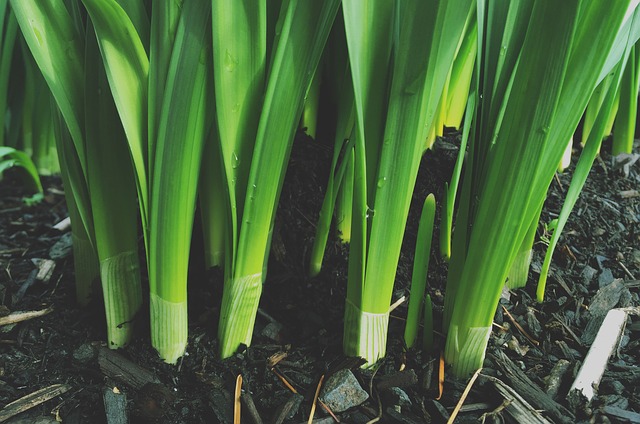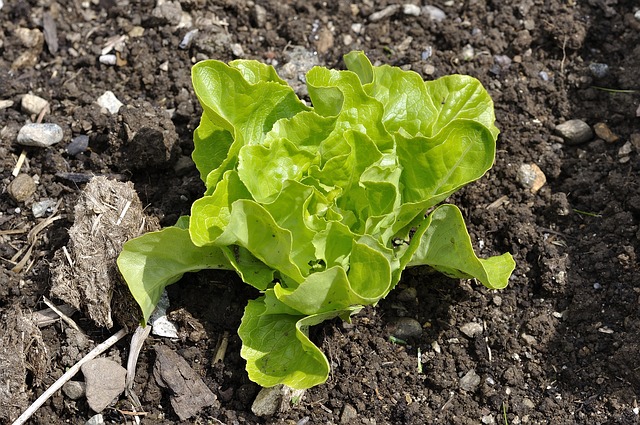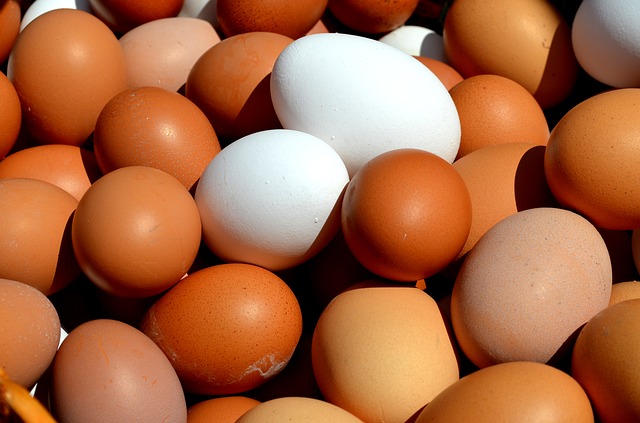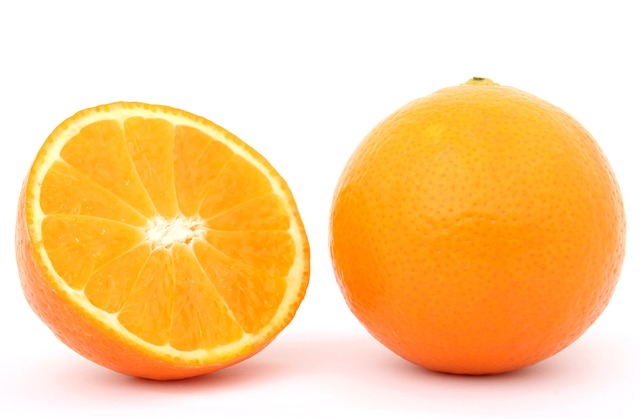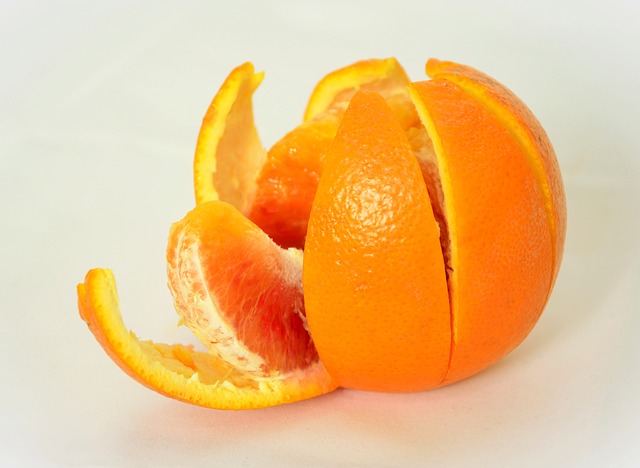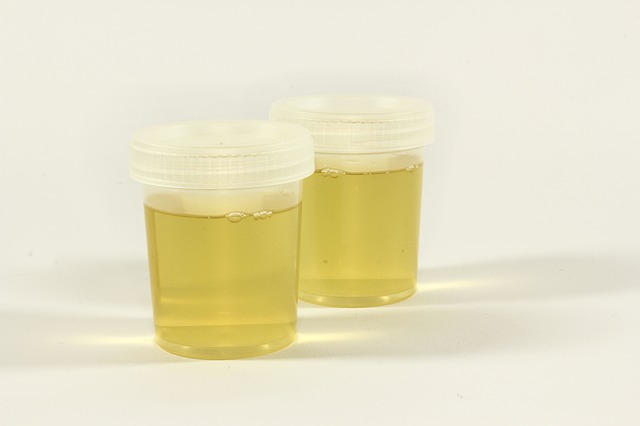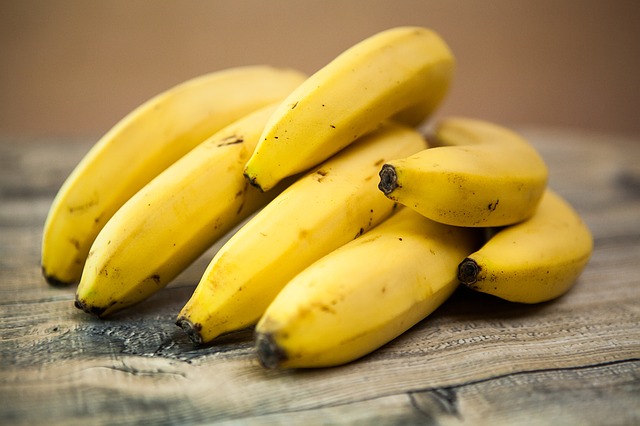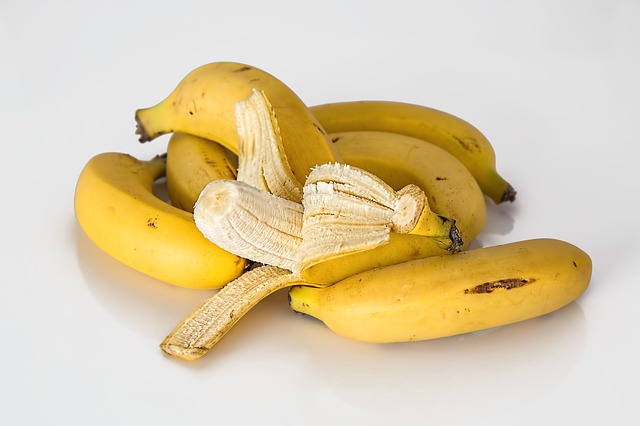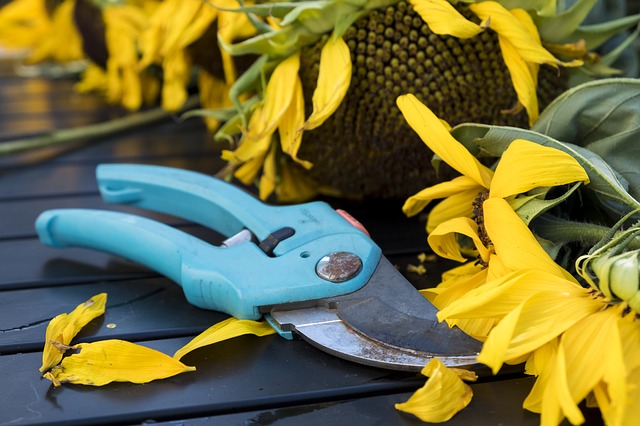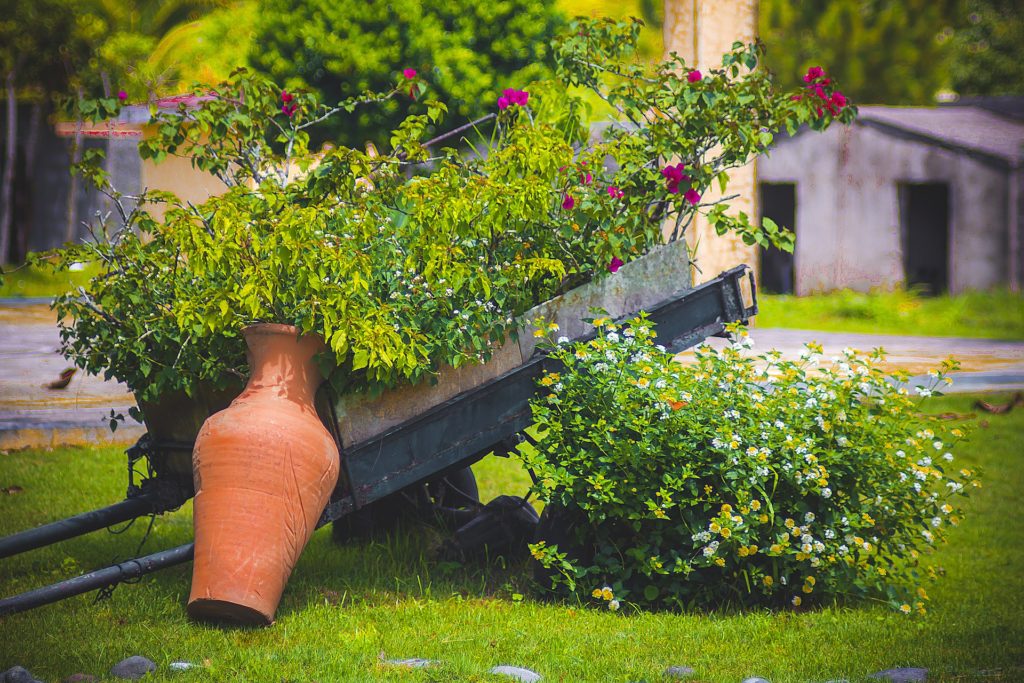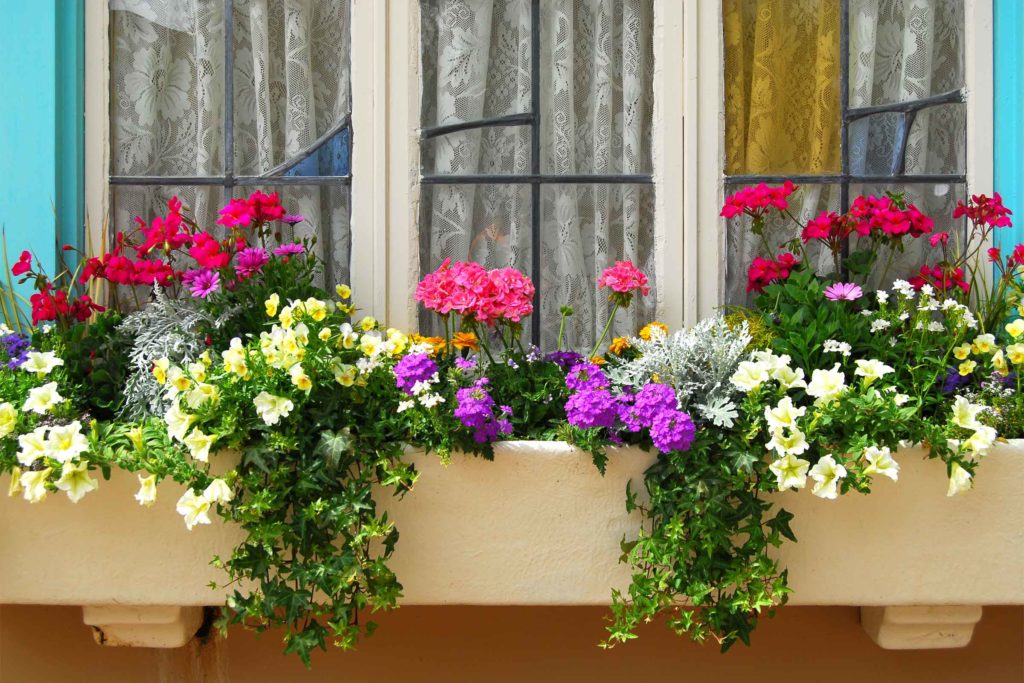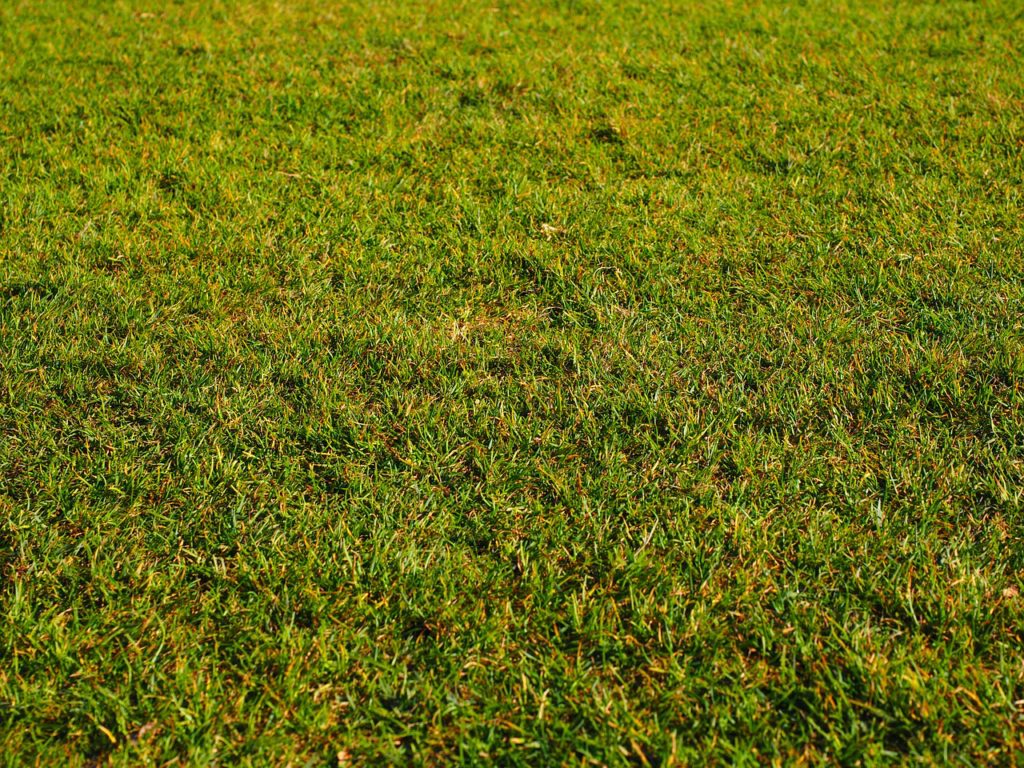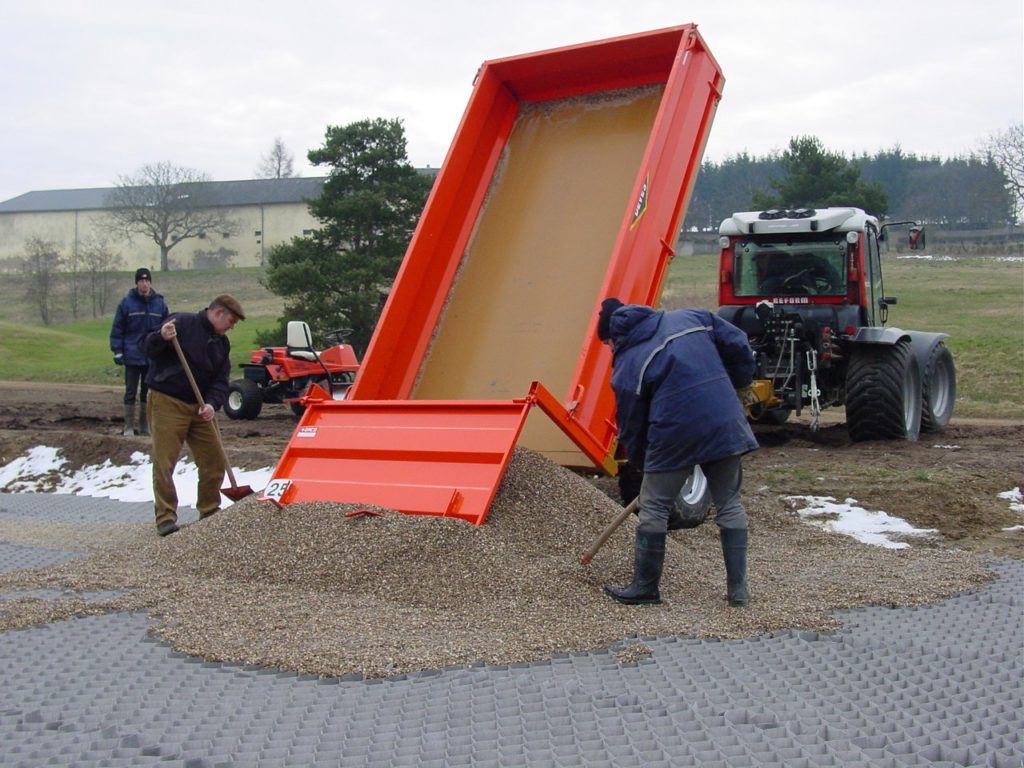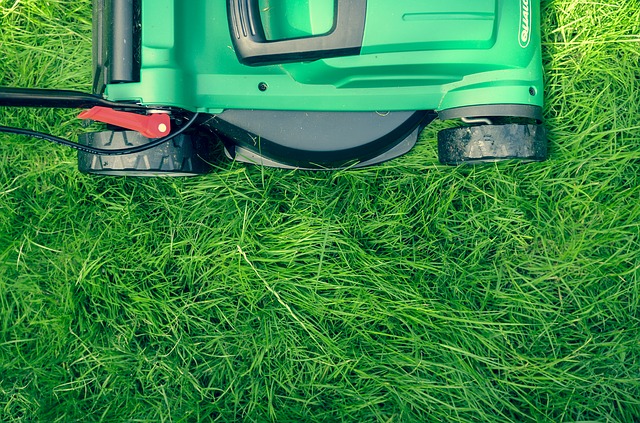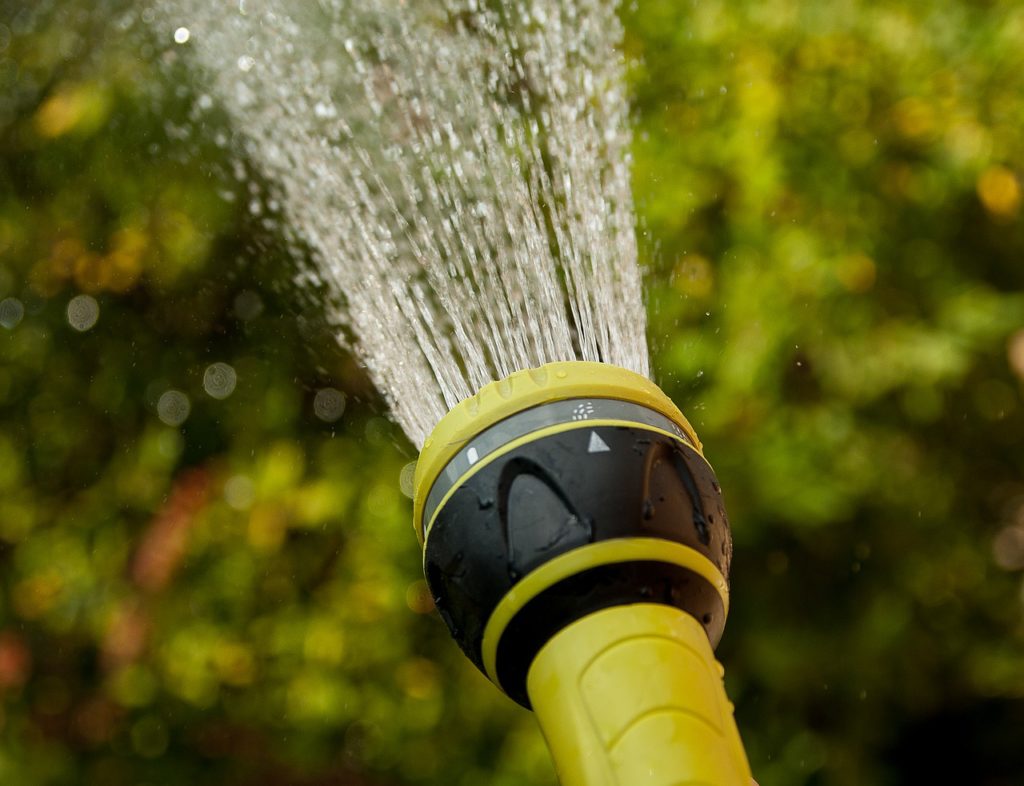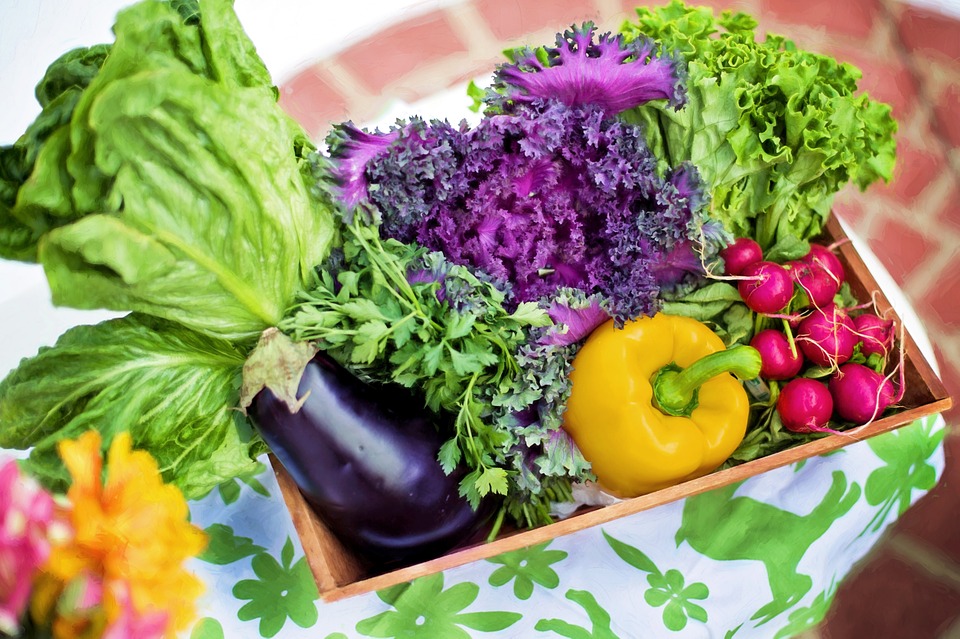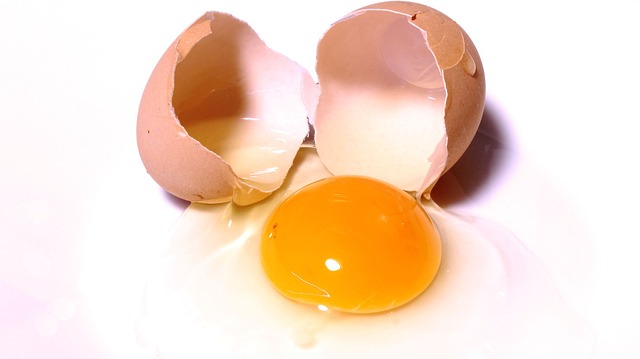
Once you learn how you can use egg shells in the garden you won’t just think about eggs solely as food. Their shells are a free way to add to the health of your soil and plants, but they also have quite a few other helpful benefits as well. Here are the best ways to use them for the everyday gardener.
The Need For Calcium
Plants need minerals such as nitrogen, phosphorous, and potassium to thrive. But calcium is also extremely important for their growth, health, and holding together the cell walls of the plant. Without enough calcium plants often end up having deformed blooms.
Luckily egg shells are very high in calcium, and of course, they are readily available every time you make a meal that has eggs as an ingredient. When using egg shells whether for calcium or another purpose crushing them up first will help them to break down faster.
Fertilize For Free
Instead of purchasing fertilizer or lime to get the calcium your plants need, you can add your egg shells to your soil. Shells are not a fast fix for calcium but instead release calcium and other minerals slowly as they decompose. They can be added once or multiple times during the growing season.
Using egg shells in the garden soil will also help minimize its salinity, optimize its chemical balance, and allow for better water absorption. While many people crush their shells and sprinkle them around the base of their plants you can also grind them up into a powder.
Another option is to make a calcium-boosting tea by placing your shells in a container of water and allowing them to steep for a few weeks. Then you’ll want to add one cup of your tea with one gallon of water and use this mixture to water your plants.
Egg Shells In The Compost
To create calcium-rich soil that you can use in the future, you can simply add your egg shells to your compost. However, to help deter backyard pests such as raccoons and skunks from taking an interest in them it would be a good idea to rinse and crush them first.
No More Slimy Slugs And Snails
Forget trying to pour salt on slugs and snails, using eggshells is much easier. By sprinkling your crushed shells around your garden or the base of specific plants that these slimy pests like you can help to get rid of them. Not only do they dislike traveling across crushed shells but as they do the sharp edges of the shells actually can cut into their sensitive skin.
These cuts and abrasions will often end up killing them since it leads to their skin drying out. The albumin in eggs is also known to be off-putting to deer. They don’t like the smell. So if you have problems with deer invading your yard and them eating up your garden be sure to try placing crushed shells around their favorite snacking spots.
For The Birds
You might be surprised to know that you can use crushed eggshells in the garden to feed your backyard bird buddies too. Calcium is very important for them especially for those momma birds both before they lay their eggs and after.
You can help supplement their natural diet by crushing up the shells and mixing them in with your birdseed. If you own chickens you can use your shells to improve their health with the added calcium and in turn the add to the quality of the eggs they lay. It’s a win-win cycle, plus it’s free.
Eliminate Rot
When there’s too little calcium in the soil, plants like tomatoes, eggplants, squash, and peppers can develop what’s known as blossom end rot. This can cause a brown spot to form where the blossom used to be.
To prevent this, all you’ll need to do is add your crushed egg shells on top of the root ball of the plant when you are planting them in the ground. The calcium will allow the plants to regulate their water much more efficiently preventing rot from ever getting started.
As you can see there are many ways to use egg shells in the garden. Whether you choose to use yours for fertilizer, in the compost, to get rid of pests, as bird food, or to prevent rot you’ll be glad you did!
Start Shopping for Gardening Supplies!
The Best Places To Find Free Composting Materials
Many people are interested in composting but feel like they don’t have access to enough organic materials. Luckily there are a range of places you can find free composting materials to get started or make your current pile bigger. Here are some of the best and easiest...
4 Steps to Get Your Garden Ready for Spring
After being cooped up all winter, you may be dreaming about harvesting from a lush summer garden. But before you get there, there’s a lot of work to be done to get the garden ready. Spring garden prep can be intimidating, especially if your garden beds have been left...
What Not To Compost
Composting has many excellent benefits. It allows you to recycle organic material which can then be used to help to enhance your soil. And of course, it’s an environmentally friendly way to reduce trash. But before you get started you’ll need to know what not to...
How To Build A Vegetable Garden That Is Both Tasty And Attractive
A healthy vegetable garden can provide you with hours of stress-busting, mental health-boosting fun and give you and your family healthy, organic produce to eat for months. If you have even a few square feet of yard space, planting a vegetable garden is easy and...
Using Eggs Shells In The Compost
There are many food scraps that people use in their compost. However, there is one that is often overlooked. Using egg shells in compost is not just a great way to help reduce waste but also boosts the nutrient content of the soil you are creating for your plants....
Using Orange Peels In The Garden
Oranges are a healthy snack and ingredient but you’re most likely wasting one of the most beneficial parts, the peel. While we can’t eat them, using orange peels in the garden has many surprising advantages. Here are the top ways you can put your peels to work....
Can You Compost Orange Peels?
If you’ve ever wondered, "can you compost orange peels?" the answer is yes. Although there are a few things you should know when doing so. So here’s your fast guide! Composting Basics When composting, you’ll need to include a mix of both carbon and nitrogen-rich...
Using Urine As Fertilizer
While urine is waste, it also contains nutrients that our bodies can’t use. But your garden can! Using urine as fertilizer is free and as organic as it gets! Here’s what you’ll need to know when thinking about using it. There have actually been multiple studies that...
The Urine-Compost Connection
Composting is all about re-using organic materials. And like the majority of us, you probably have been flushing away one of the most natural ways of all to condition your compost. By adding urine compost can be given a huge boost and that is passed on to whatever...
Using Banana Peels In Compost
Can you put banana peels in compost? You bet you can! While bananas offer us some extremely important nutritional benefits that help us to stay healthy, their peels can be used to add to the health of your compost pile as well. Bananas are one of the most popular...
Using Banana Peels In The Garden
Bananas are both delicious and healthy. And you may have wondered after finishing your morning shake or afternoon snack whether those peels you’ve been throwing away for years could be used for other things. What can you do with banana peels? It turns out quite a lot,...
Common Gardening Injuries And How to Avoid Them
While gardening isn’t necessarily the most dangerous pastime one can think of, injuries do occur. Recent data suggests that in the US alone, over 300,000 gardening injuries occur annually. So whether you are a seasoned gardener or are just beginning, it’s important to...
Just Moved? How To Safely Transport Your Plants Into Your New Garden
It can take years of planting and care to create a magnificent garden. That’s why the prospect of relocating or moving houses can induce anxiety in gardeners. Whether you plant ornamentals, or if you grow your own vegetables, having to start over can be a daunting...
Filling Those Window Boxes: Flower Species That Thrive With Container Gardening
Those traditional window boxes overflowing with flowers may remind you of summer cottages or childhood dreams. This particular feature is one that you want at your home all year-round. Container gardening for window boxes takes a certain flair for picking out the...
Why You’ll Want To Revamp Your Garden with Artificial Grass
Installing an artificial lawn is an easy and attractive way to improve and revamp your garden. This is because an artificial lawn is like a real lawn, only much better! Artificial grass has been developed to such a high-quality standard that it looks and feels as...
The Best Grass Types For Creating A Drought Tolerant Lawn
Many of us live in dry and arid places. There are many locations around the world that unfortunately for your lawn don’t get much rain throughout the year. For people who live in these places, a green, healthy-looking lawn can seem impossible to have and maintain....
Garden Drainage: How to Avoid a Waterlogged Garden & Patio
Many locations around the world get a lot of rain. With an average of 33 inches of rain per year, this is especially true in the U.K. where it is rare for a day to pass that it is not raining somewhere. Regardless of where you live this can lead to problems with...
Easy Lawn Care? Experts Say It’s Possible With These Tips!
There's no way around it: If you want a lush lawn, you have to work for it. That entails putting in a lot of time, effort, and yes, money. And even if you are hiring experts in lawn care, you will still need to shoulder some of the responsibilities involved. That does...
Water-Wise Landscaping: Avoid Cultivating These Types Of Plants
Water is one of the primary needs of all plants. They need to receive the right amount of hydration to grow and thrive properly. You can ensure your plants get the hydration they need by watering them regularly using a garden hose or watering can, or by having a...
Starting A Vegetable Garden: Motivational Tips For Beginners
Back in the day, our ancestors did not have to go very far to buy vegetables, they just had to step out in their garden and pick up free, fresh veggies. Unfortunately, over generations, most of us have lost touch with our natural gardening instincts due to the busy...
